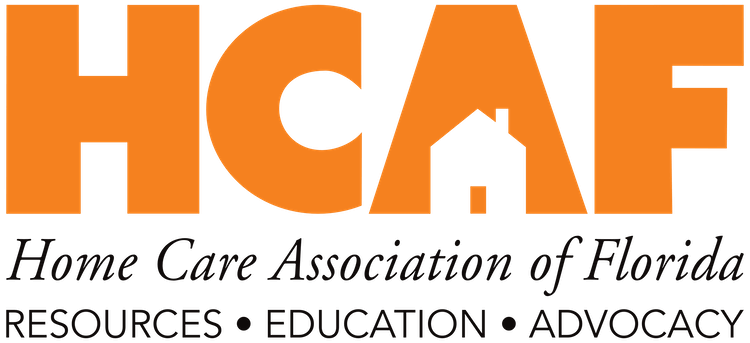Congress Passes $1.7 Trillion Federal Budget

Congress Passes $1.7 Trillion Federal Budget
Congress passed a nearly $1.7 trillion long-term government funding bill (“omnibus”) today to fund the federal government through September 2023, thereby averting a government shutdown. Upon President Biden's approval of this legislation, the 117th Congress will conclude before Republicans take control of the House on January 3, 2023.
The omnibus budget legislation has significant implications for Medicare home health providers. Most notably, the budget does not include a delay in the payment cuts that are scheduled to take effect on January 1, 2023. Industry groups sought a one-year extension of the 3.95% Medicare rate cut scheduled by the Centers for Medicare & Medicaid Services (CMS) in the 2023 payment rule.
For all Medicare providers, the bill effectively postpones the risk of an across-the-board 4% rate cut as mandated by the PAYGO rule (pay-as-you-go) under the American Rescue Plan from 2021. Essentially, PAYGO requires Congress to offset new spending by reducing spending elsewhere or increasing revenue. As a result, Congress decided to delay the implementation of these cuts until 2024. Additionally, the omnibus extends the 2% sequestration cut to the first six months of the 2032 fiscal year in order to offset the costs associated with this package.
With regard to home health providers, the bill includes a transparency provision that requires CMS to share data utilized in developing the Medicare payment rule for 2023. This provision represents a major victory for the provider community following several years of assertions made by the Medicare Payment Advisory Commission (MedPAC) about provider profit margins in the double digits. As a result, providers will better understand the methodology and rationale behind future payment changes. CMS is also required to hold a public meeting regarding the 2023 final rule, which must be announced at least 30 days in advance.
As part of the bill, a 1% rural add-on payment will be extended through 2023. Rural add-on payments are available to home health providers who serve patients in "low population density areas, " including 334 counties in 22 states. The bill extends all Medicare telehealth flexibilities that were implemented as a result of the COVID-19 Public Health Emergency (PHE) until December 31, 2024. This includes the use of telehealth by practitioners in the patient’s home to conduct the face-to-face encounter.
Finally, the bill allows payment for nursing and therapy services under the home health benefit as part of technical modifications to payments for disposable negative pressure wound therapy devices.
